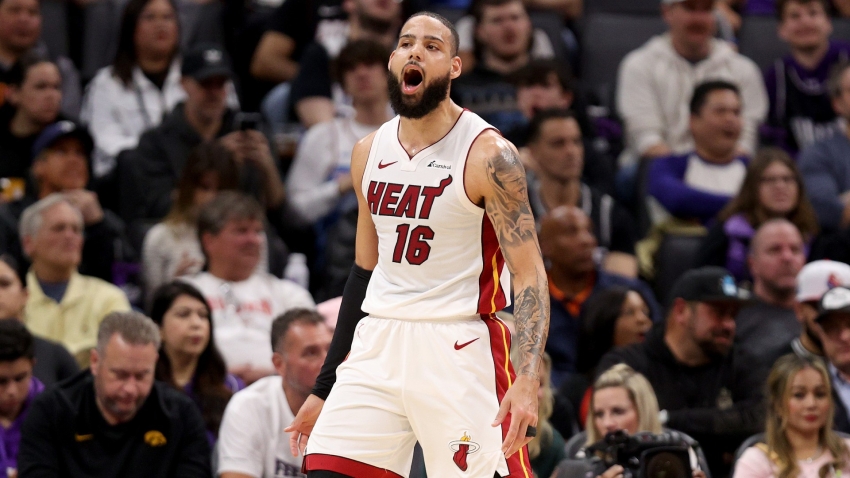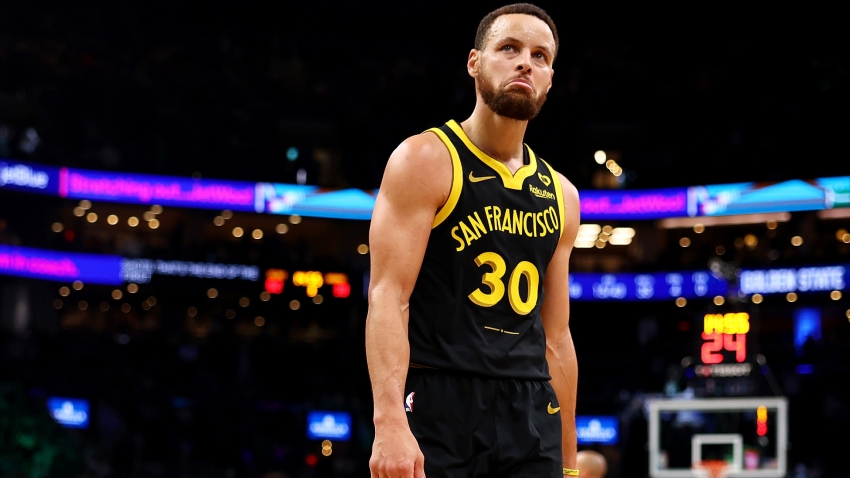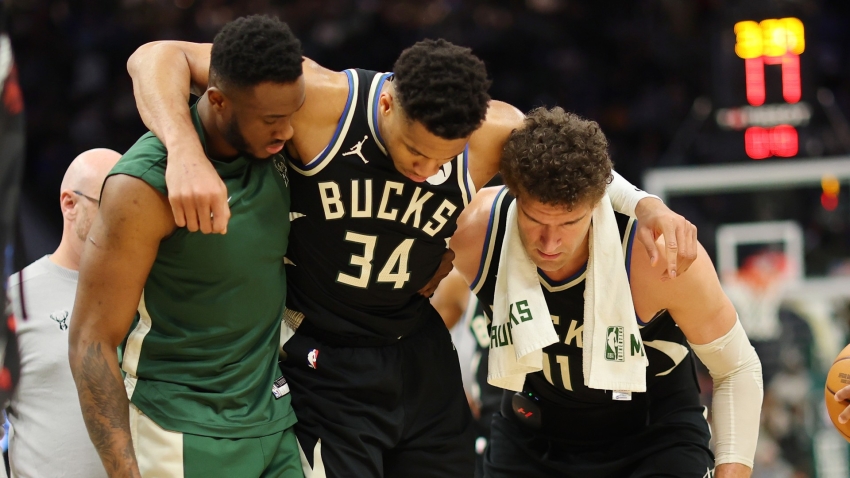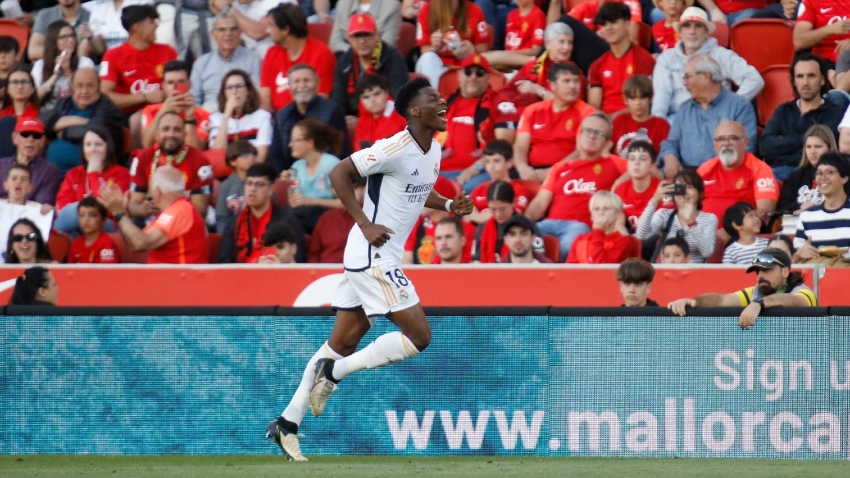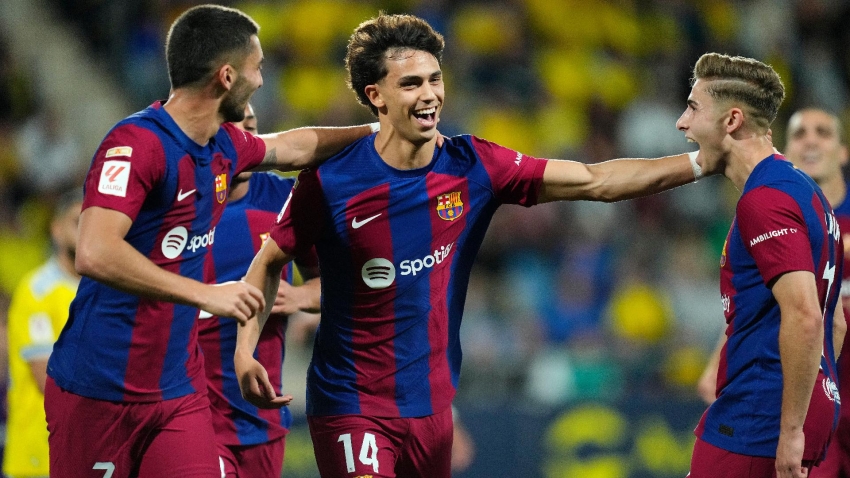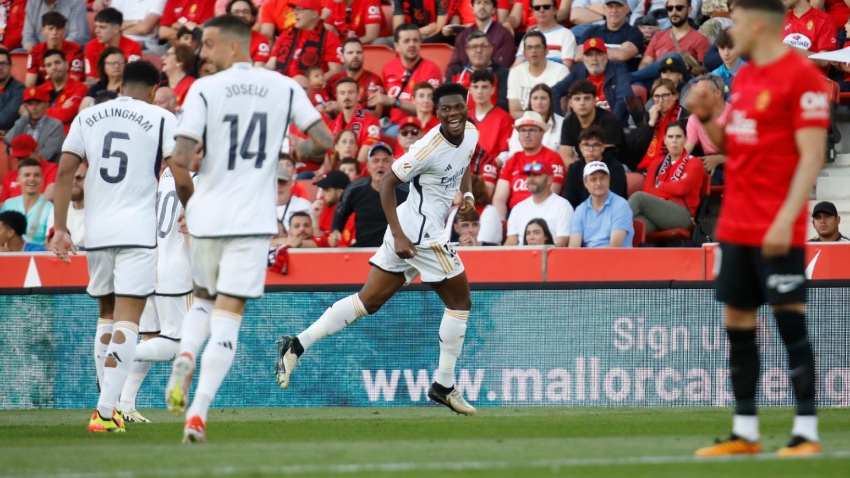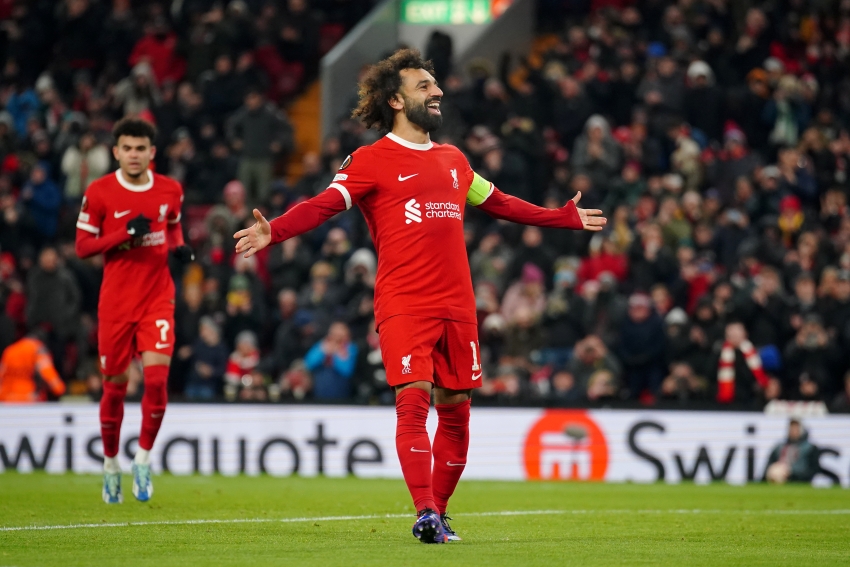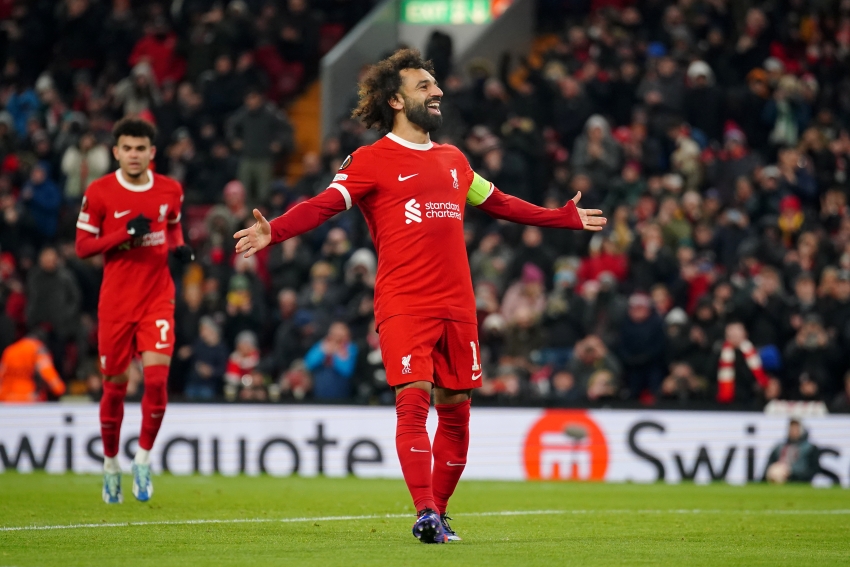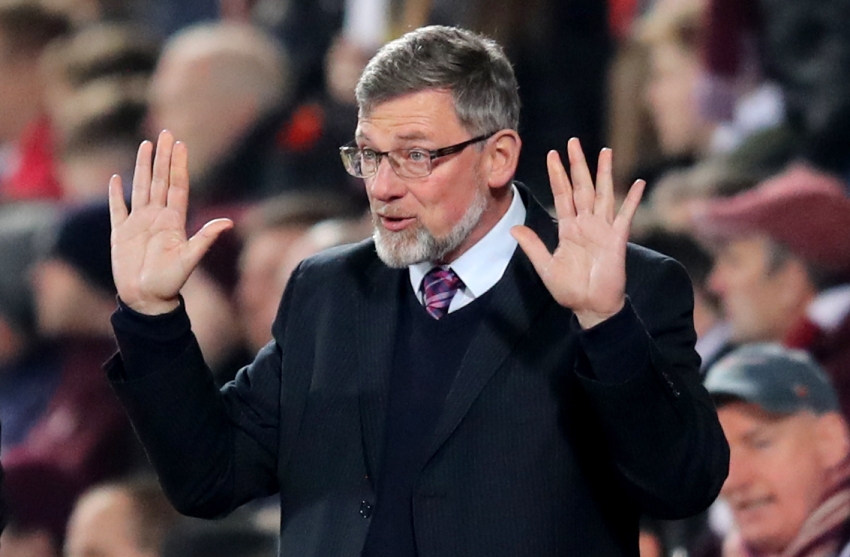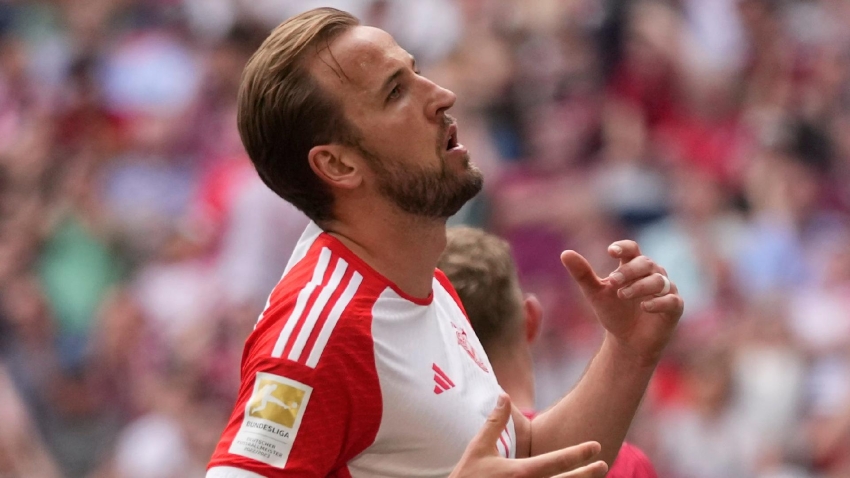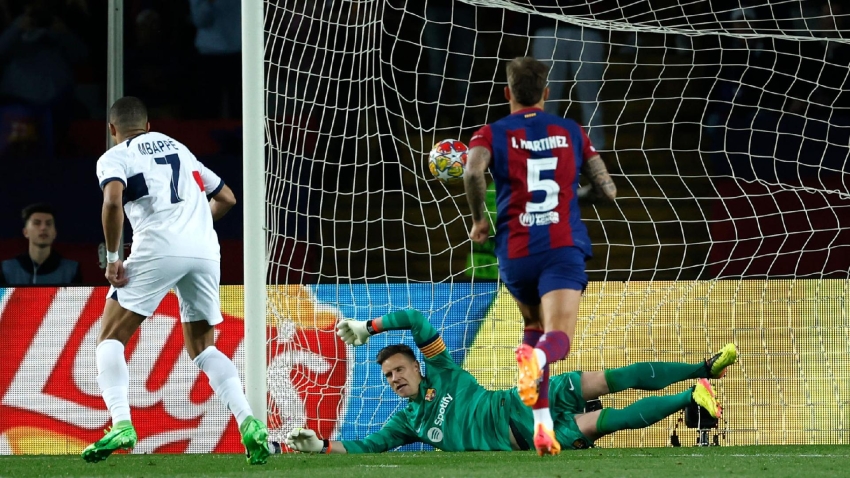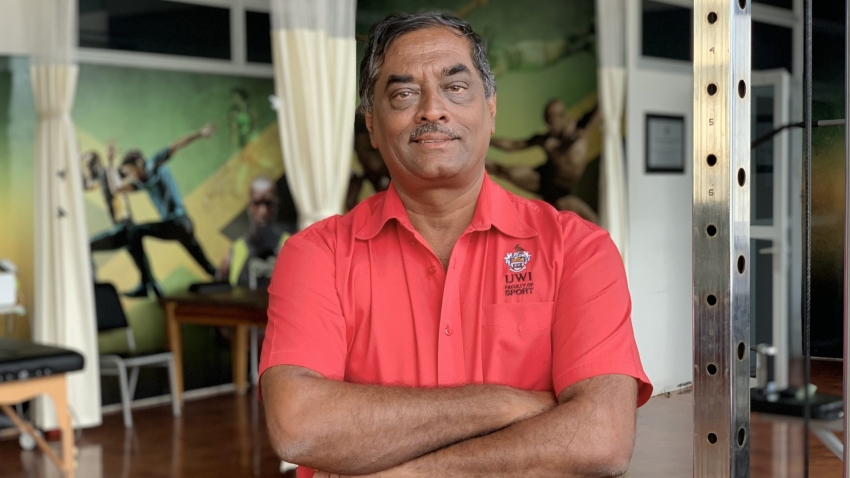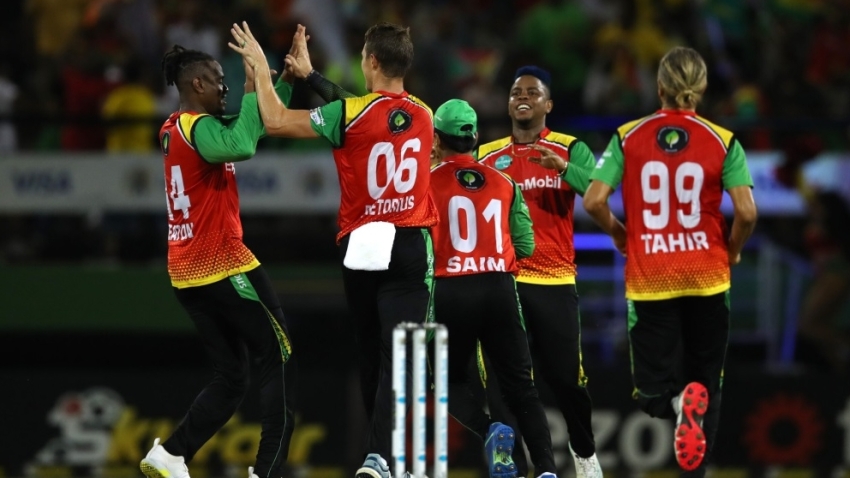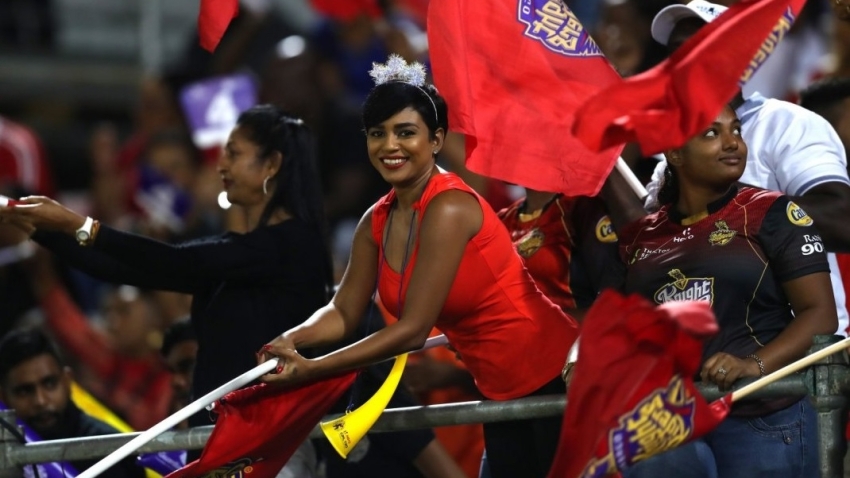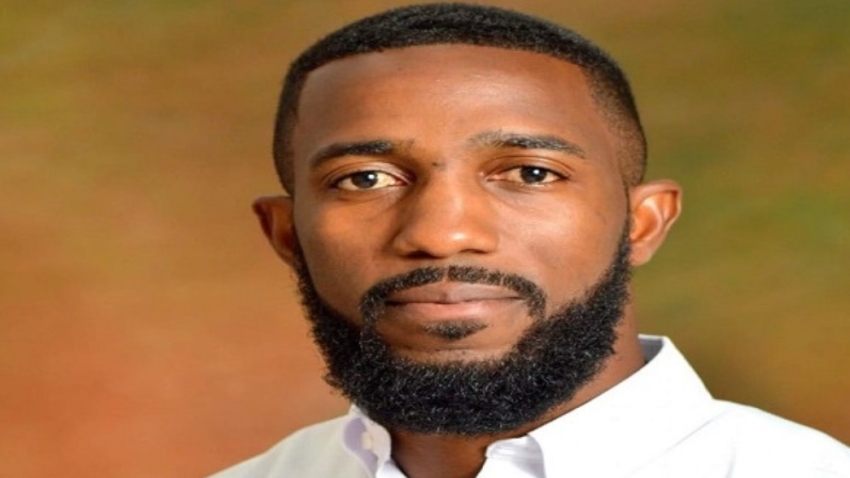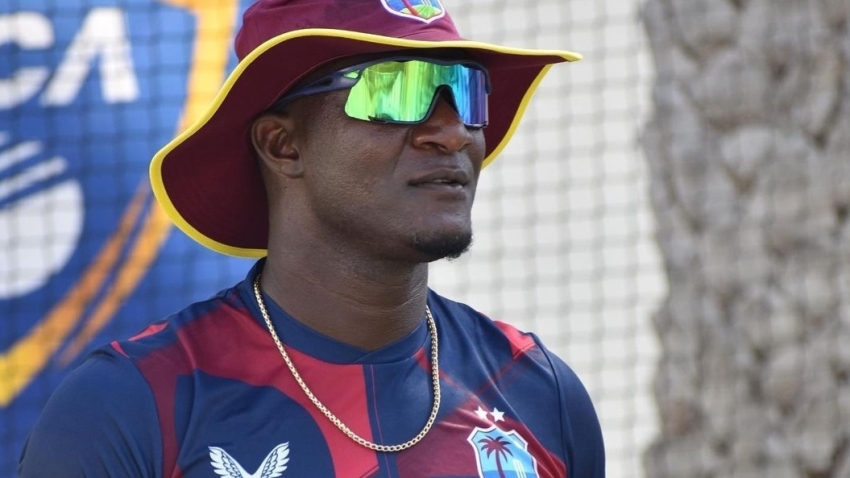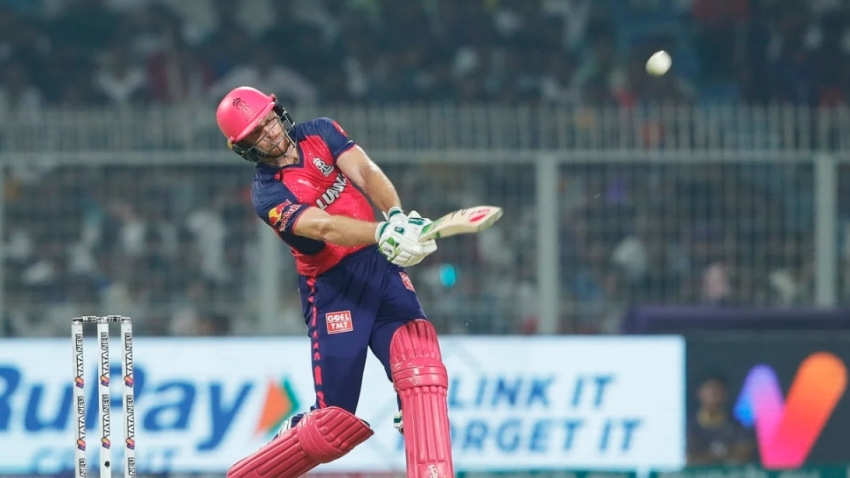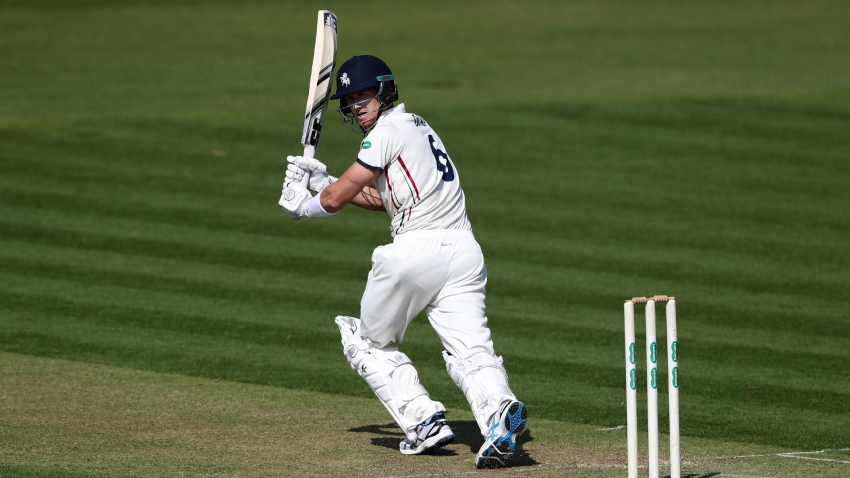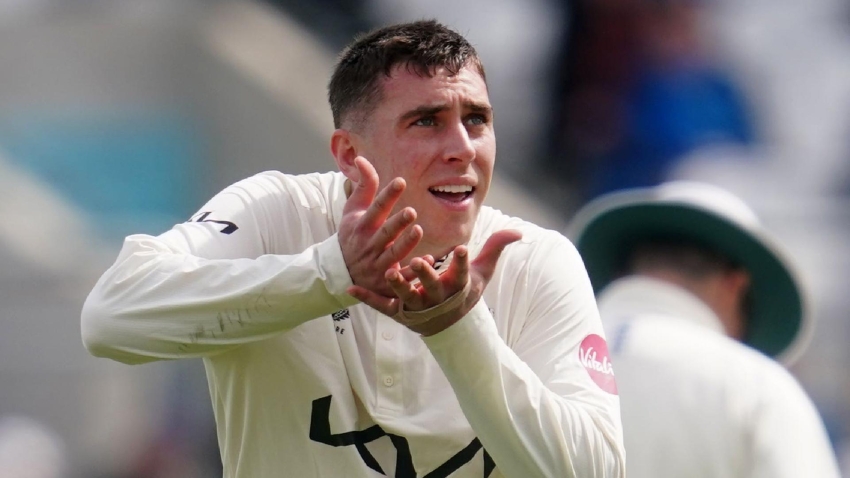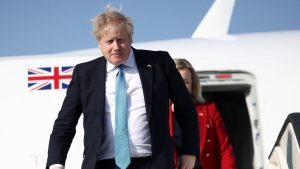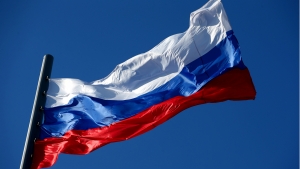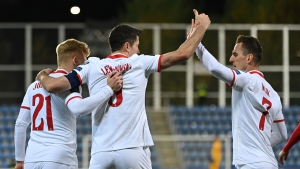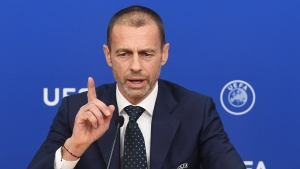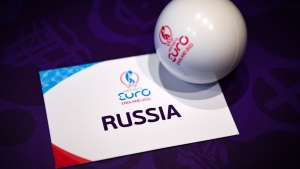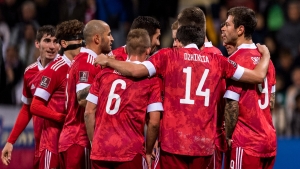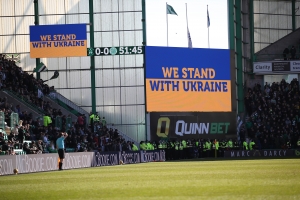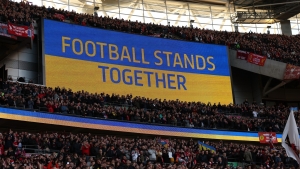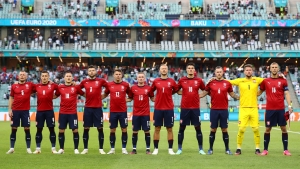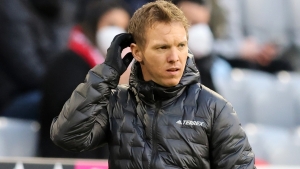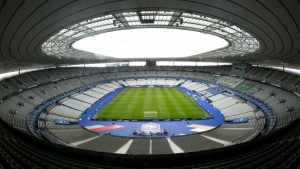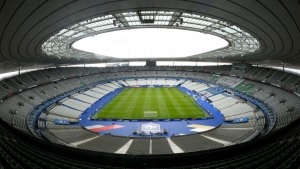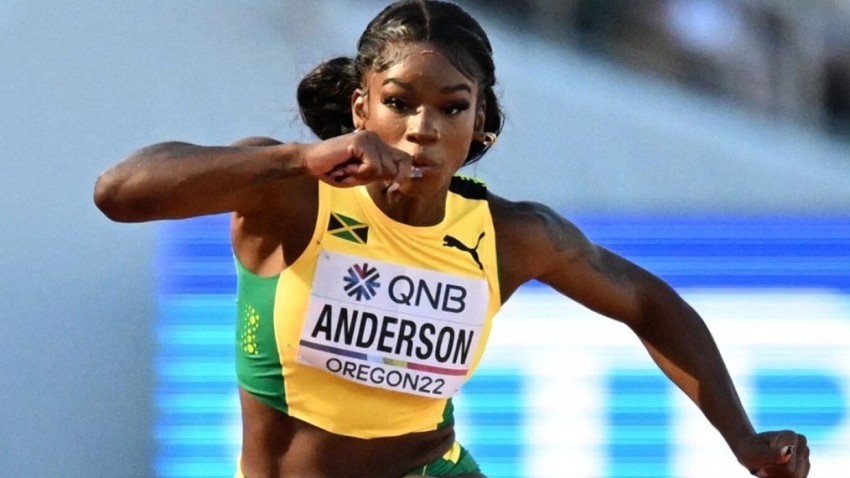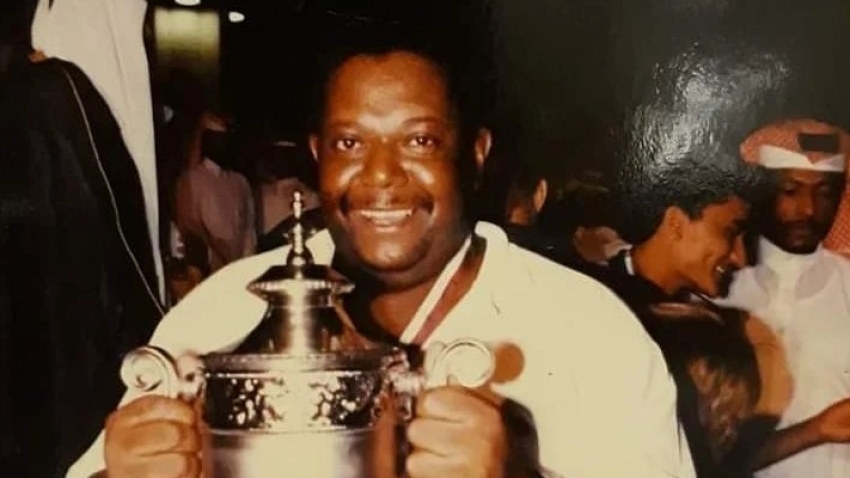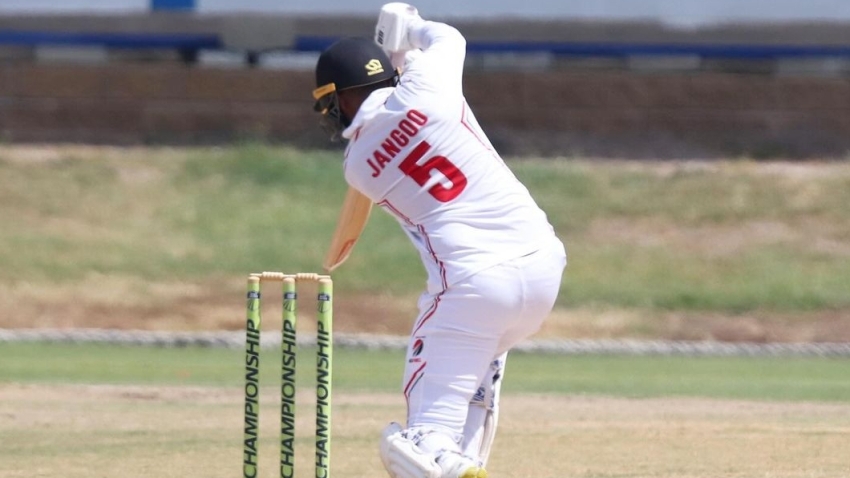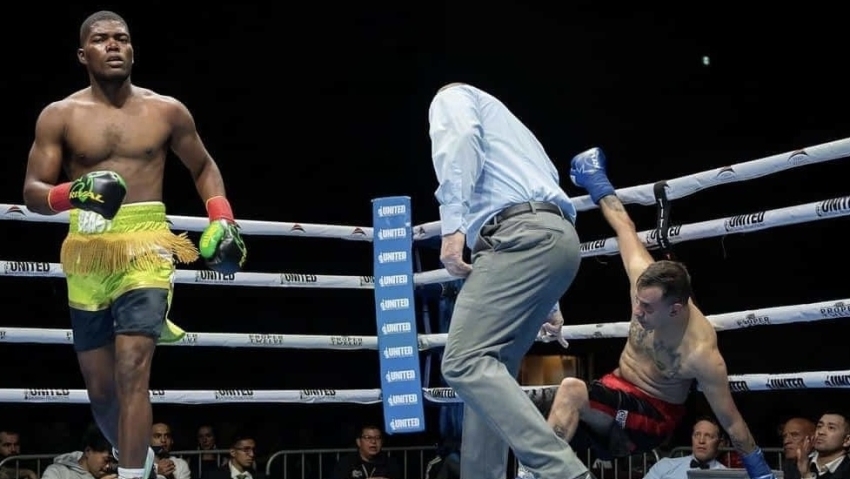Julian Nagelsmann has been left shocked by Russia's invasion of Ukraine, with the Bayern Munich boss admitting he was fearful of the consequences.
Russia, to widespread condemnation, invaded neighbouring Ukraine on Thursday. That conflict escalated on Friday, with fighting having reached the capital of Kyiv, which is Munich's twin city.
Bayern confirmed that their Allianz Arena stadium would be lit up in the yellow and blue of the Ukrainian flag on Friday evening, to show solidarity with Ukraine.
Bayern played against Dynamo Kyiv in the group stages of this season's Champions League, and Nagelsmann expressed his shock at seeing a city where he and his team visited now being in the middle of a war zone.
"How difficult is it to think about everyday life? Obviously it's difficult, I'm shocked," he told a news conference.
"I'm also to a certain extent fearful that this is happening in a country where only recently we jogged across the pitch, looked at the beautiful city [Kyiv] and now you see these terrible pictures from Ukraine.
"It's not easy to talk about football. Of course you think about your concerns with continuing to do your job well but if you look at the news it makes you think a lot about what's going on and what the consequences will be.
"First of all for the people in Ukraine, it's dramatic, it's shocking. Yesterday I read a very good phrase that said 'there's no way to peace, peace is the way'. I think that should be the motto again as quickly as possible."
Russian politicians, certain high-profile individuals and companies have been hit by sanctions from many countries in response to the invasion.
In sport, the International Olympic Committee (IOC) has urged federations planning to host events in Russia and Belarus, who have supported the invasion, to be relocated or cancelled.
Manchester United have ended their sponsorship deal with Russian airline Aeroflot, Formula One has removed the Russian Grand Prix from its calendar and UEFA has moved this season's Champions League final from St Petersburg to Paris.
Nagelsmann fully backed UEFA's decision.
"Firstly it's good that UEFA decided quickly and decided the right way," he said. "It's always good to have a quick decision and a good sign."
Bundesliga leaders Bayern face Eintracht Frankfurt on Saturday.


